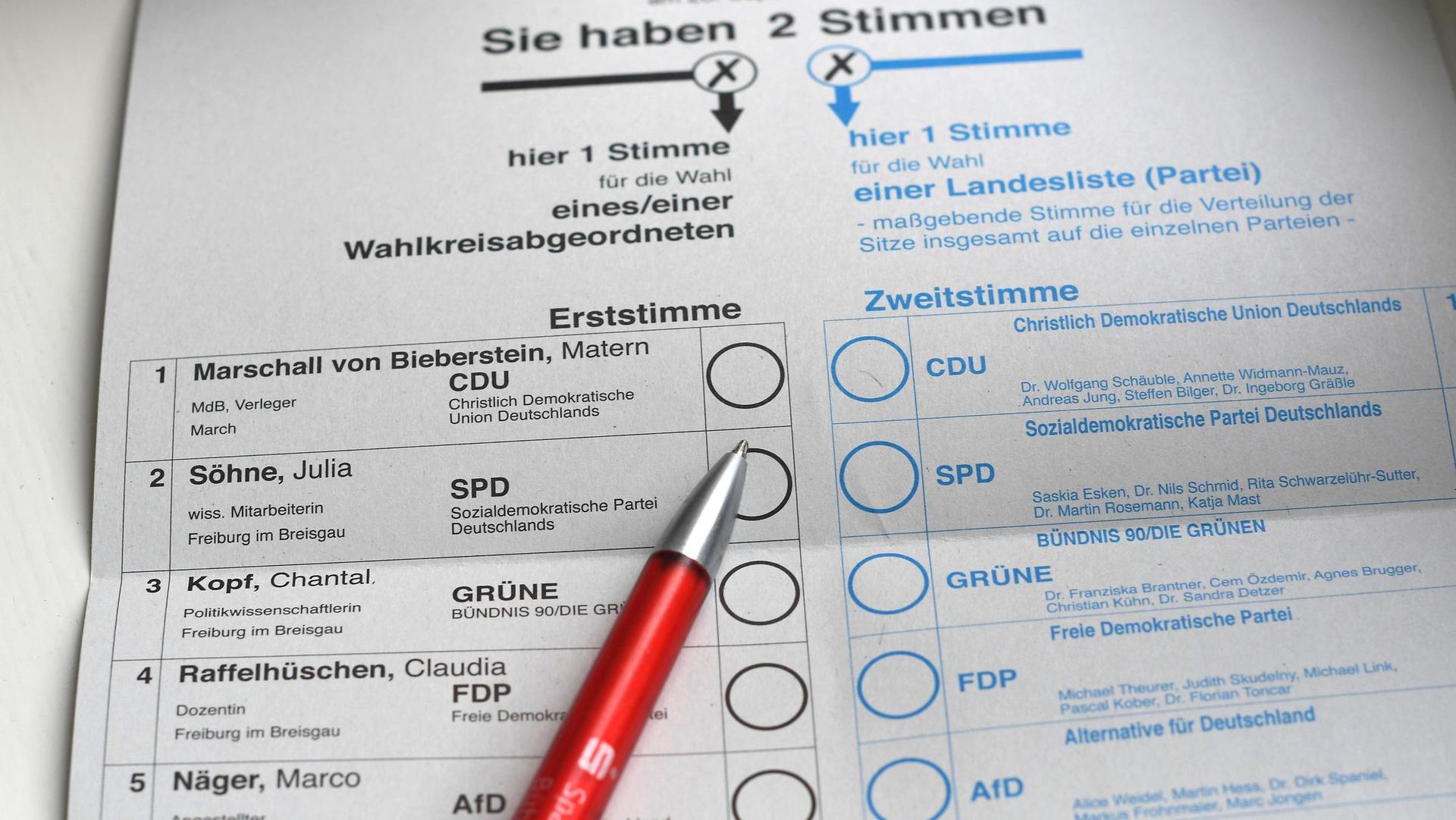

Germany: What to know about the February 23 elections
ExplainerAmid a tense political backdrop, marked by polls favoring the far right, Germany's early parliamentary elections will serve to test the new proportional representation system established last July.

On Sunday, February 23, Germans will be called to the polls to elect the 630 members of parliament who will sit in the Bundestag. Here's what you need to know about this election, which will determine the next chancellor.
Why hold elections now?
These elections have come after two regional elections produced results that were not very favorable to the parties in Chancellor Olaf Scholz's former coalition, which had been comprised of the Social Democratic Party (SPD), the Greens and the liberals of the Free Democratic Party (FDP).
In November 2024, against a backdrop of tensions over planned economic policy and the debt issue, the Social Democrat chancellor fired liberal Finance Minister Christian Lindner. This decision broke up the coalition he had been leading, and led him to call for a vote of confidence in the Bundestag, which he lost, on January 15, 2025 (by 207 votes in favor, 394 against and 116 abstentions). Shortly thereafter, President Frank-Walter Steinmeier dissolved the legislature and called elections for February 23, six months ahead of the previously set date – September 28.
How does the election work?
The German electoral system resolutely follows a proportional representation principle. And this philosophy has been further reinforced by an electoral system reform adopted in 2023.
This voting system may seem strange to outsiders, because's a candidate's election does not entirely depend on their score in their constituency. "You have to start from the principle that this system is primarily concerned with political parties, not personalities," explained Aurore Gaillet, a law professor at Toulouse Capitole University.
What have the polls been saying?
The right, represented by the Christian Democratic Union (the CDU, along with its Bavarian partner, the CSU) has polled well ahead, with around 30% of voting intentions, according to an aggregated polling average. Since the summer of 2024, the far-right AfD has taken the second place position from the SPD, which has slipped to third place. The Greens, who briefly held second place in the polls in the summer of 2022, have recently ranked fourth in the polling data.
How are German coalitions formed?
Because of the country's electoral system, it is extremely rare for a single party to win a majority of support in the Bundestag. This has only happened once, in 1957, for the Christian Democrats of the CDU/CSU. German political life is, therefore, characterized by coalitions formed between parties that come together to govern after having faced off during the elections.
As their platforms can often be difficult to harmonize, it can take several months to establish a coalition agreement on which to govern together. The most recent agreement was reached in November 2021, between the SPD, the Greens and the FDP, who came together under Scholz after two months of negotiations, and it was 177 pages long. The grand coalition led by Angela Merkel, from 2013 onwards, required two months of talks to negotiate the 170-page coalition agreement between the Christian Democrats and the Social Democrats.
In 2025, several potential coalition scenarios seem possible in light of current polls. Having, until recently, been kept isolated by an exclusion policy known as the "firewall" (which has recently disintegrated), the AfD appears to be excluded from any future government. Given their standing in the polls, the CDU/CSU conservatives would likely head a future coalition. They would therefore either govern in a coalition with the Social Democrats and/or the liberal FDP, as they did between 2005 and 2021, or in a three-way alliance with the Greens and the FDP (a configuration that Germans call a "Jamaica" coalition, after the three parties' colors).
